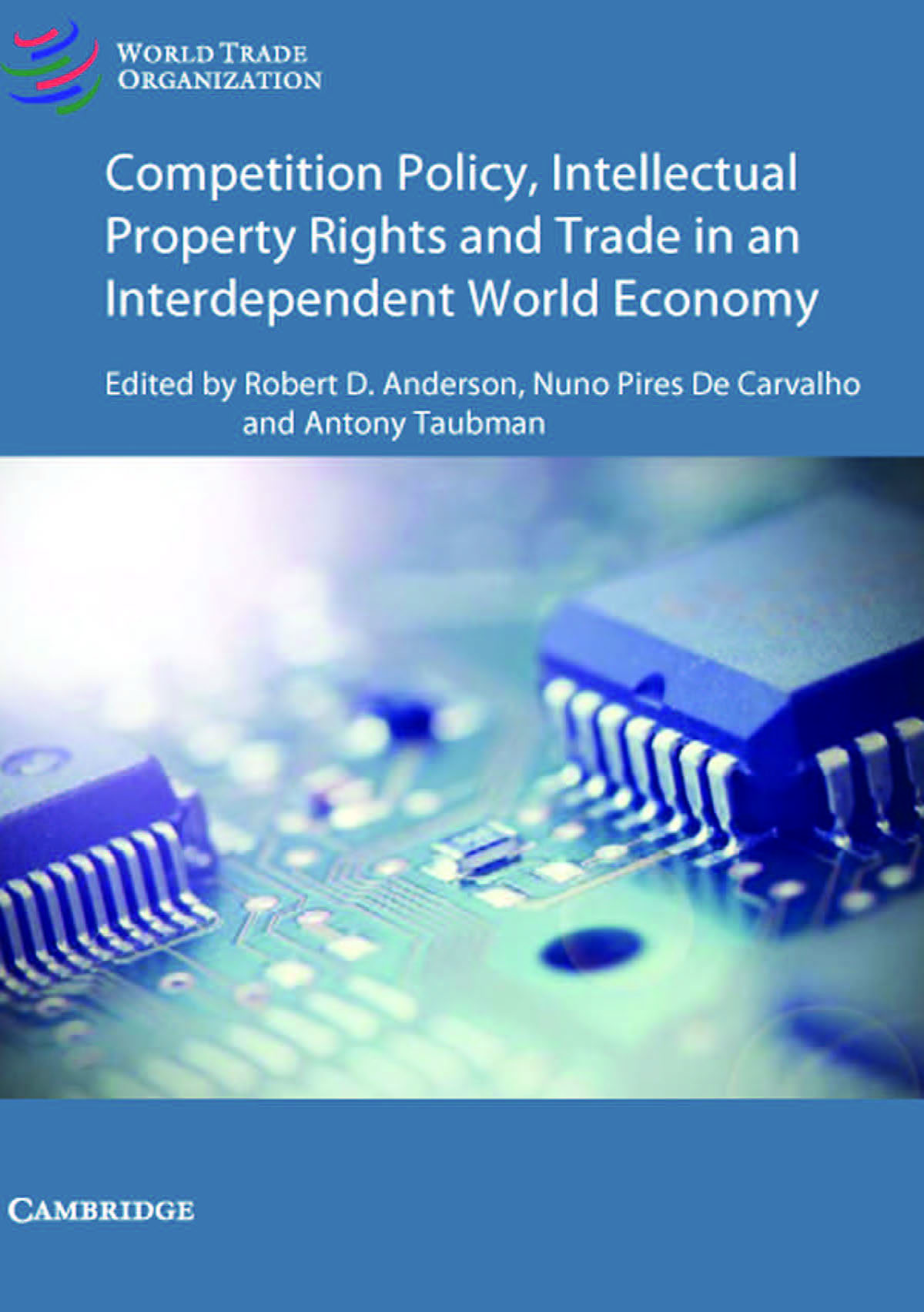Very early Tuesday morning, after the ruble had plummeted to new lows, the Russian Central Bank (CBR) raised interest rates from 6.5 percent to 17 percent. Why didn’t the Russian government choose to use their massive currency reserves to try and stablilize the ruble instead of taking the path they did? Should we expect high inflation in Russia? What is the Russian Central Bank’s next move? Putin’s? Brookings scholars react to news about the ruble and attempt to answer some of these pertinent questions.
|
That leaves a central banker with no good option. This rate hike won’t help, and since it is drastic but still doesn’t help, it just makes things worse in terms of expectations.
How far down can the ruble fall? There is always some equilibrium level. But now there’s panic. Psychology trumps market fundamentals, just like in a bank run. Unless there is a break fairly soon in the oil price fall or a signal that sanctions may be eased, the ruble will continue to weaken. Whatever else is left to do—and capital controls are an obvious, almost inevitable, option—to avoid drawing down the reserves will further harm the economy.
Western observers gloat. But we should instead be worrying about Russia reaching a tipping point where they feel that it’s clear the West is aiming to destroy them, that time is against them and that they have nothing to lose by acting in a drastic way and acting sooner rather than later. We should hope they find more things to try in the financial sphere before they say ‘stop’ and turn to military (and nonmilitary, “hybrid war”) options.
I can’t help thinking about the 2009 paper by Jeffrey Record, “Japan’s Decision for War in 1941: Some Enduring Lessons.” Oil to Japan then is foreign exchange to Russia today. Japan got 70 percent of its oil from the United States before we imposed the embargo in 1941. In late summer 1941, Japan’s oil reserves amounted to less than a year’s consumption, even with “strict wartime controls,” as the high command wrote in a memo. From the outside point of view, it made no sense for Japan to start a war with the United States, which economically was 10 times Japan’s size. But if they did nothing, they would be destroyed. And they thought the United States did not have the stomach for war. But the main thing was the perceived alternative of losing all sovereignty.
Record wrote (p. 21) that: “The United States was, in effect, demanding that Japan renounce its status as an aspiring great power and consign itself to permanent strategic dependency on a hostile Washington. Such a choice would have been unacceptable to any great power.”
|
|
None of this is good news. Many neo-Cold Warriors in the West are experiencing an almost hormonal level of schadenfreude and expecting the Russians to bow to economic reality in Ukraine. But having sacrificed the Russian economy on the altar of strategic independence, Russian leaders are unlikely to concede on core security issues simply because of a devastating currency crisis. And in any case, even grudging Russian concessions on Ukraine at this point would not likely reassure markets that Russian-Western relations are on a good long-term trajectory. More likely, Russian leaders will count on the famous Russian capacity for hardship, as well as a healthy dose of repression, to preserve domestic stability and the Russian regime through what might easily be a prolonged recession and (yet another) epic destruction of Russian savings. The presence of a foreign enemy to blame for the economic crisis will certainly help. As Cliff says, Russian aggression in some form seems a natural accompaniment to this policy.
If, as the West has claimed all along, the goal of economic sanctions has not been to destroy the Russian economy or bring hardship to ordinary Russians, then we are suffering from a catastrophic success. No one anticipated a coincident nearly 50 percent drop in the oil price in just a few months, but it has happened and the combination has been deadly to the Russian economy. Sanctions have once again proven to be hard to adjust to circumstances or to calibrate. But we need to at least try. The last Russian economic crisis in the late 1990s gave us the Putin regime; the next will not be any more satisfying. We cannot build a better relationship with Russia or create a more stable Europe on the rubble of the Russian economy. That means Western policymakers should think about how to prevent rather than encourage the Russian economic crisis we are witnessing. Without underestimating the difficulties of doing so, the best way to do that is to seek a genuine security compromise with Russia over its neighborhood that treats Russia as a great power even though it is in the midst of a serious economic crisis.
|
|
|
|
If nothing happens to halt the fall of the ruble, and the CBR cannot get things under control, the nature of the Russian economy will be changed forever, along the lines of the kinds of dislocations we saw in the 1990s, with all the political knock-on effects. The effects will not be limited to Russia—they will reverberate across all the economies that have ties to the Russian economy, both inside the Eurasian Union (Armenia, Belarus, Kazakhstan), and outside, including in the European Union. This will weaken an already faltering neighborhood even further. Putin will not back down on his current policy (geopolitical and economic)—running the risks Jeremy and Cliff highlight above.
Absent some alternative signal from the United States, we are in a dangerous escalatory dynamic with Russia. The challenge is how all of us can test the proposition of finding a mutual face-saving way out of this crisis. We need some formula that goes beyond Ukraine and addresses Putin’s desires for Russia’s great-power status to be recognized and respected in some way in the European and global context, on the one hand, and that cedes no ground, on the other, on the fundamental principles of post-World War II security that Russia has violated. We also need a mechanism for engaging with Russia that keeps the United States and its European partners working together on this, perhaps in a format similar to the arrangements we have for dealing with Iran and its nuclear program.
Unfortunately, we may be close to the tipping point Cliff fears, which means we do not have the luxury of time to get our act together. The markets will not wait around while diplomats dither and deliberate about new Minsk or Geneva processes for engaging with Russia.
|
|
|
|
|
|
Decentralization, status for the Russian language, a channel to ameliorate the Ukraine-EU association agreement implementation’s impact on Ukraine-Russia economic relations, a Ukrainian decision to kick any consideration of NATO years down the road (and tie it to a referendum), NATO respect for that decision, plus deferring the resolution of Crimea’s status to the future are a reasonable basis for a settlement of eastern Ukraine. The Russians clearly don’t want the Donbas; they are using it as leverage to pressure and destabilize Kyiv. The points I just laid out would answer what Moscow has said it wants the past 10 months. They could be dressed up in a way that would allow the Russians to claim that they had protected their position.
Putin may believe we are about regime change, not a change in policy. But this is a proposition that he could test.
I do not believe we should let Russia break the fundamental rules of European security, construct an alternate reality about what they think is happening and what motivates Western actions, and then make concessions to that alternate reality. If the West does so, we should not be surprised when the Kremlin repeats the gambit.
Furthermore, if the United States maintains that it must not allow Putin to play by 19th century rules, then we must make sure that the Ukrainians are fully engaged. This is not just an issue between the West and Russia. The Ukrainians should get a vote in determining their own future.
|
|
Here are a couple of points in a way of brushstrokes in response from the Russian liberal perspective.
|





 Clifford Gaddy, Senior Fellow, Center on the United States and Europe, Foreign Policy Program:
Clifford Gaddy, Senior Fellow, Center on the United States and Europe, Foreign Policy Program:

 Jeremy Shapiro, Fellow, Center on the United States and Europe, Project on International Order and Strategy, Foreign Policy Program:
Jeremy Shapiro, Fellow, Center on the United States and Europe, Project on International Order and Strategy, Foreign Policy Program: Steven Pifer, Director, Arms Control and Non-proliferation Initiative; Senior Fellow, Center on the United States and Europe, Center for 21st Century Security and Intelligence Foreign Policy Program:
Steven Pifer, Director, Arms Control and Non-proliferation Initiative; Senior Fellow, Center on the United States and Europe, Center for 21st Century Security and Intelligence Foreign Policy Program: Fiona Hill, Director, Center on the United States and Europe; Senior Fellow, Foreign Policy Program:
Fiona Hill, Director, Center on the United States and Europe; Senior Fellow, Foreign Policy Program: Lilia Shevtsova, Nonresident Senior Fellow, Center on the United States and Europe, Foreign Policy Program:
Lilia Shevtsova, Nonresident Senior Fellow, Center on the United States and Europe, Foreign Policy Program: